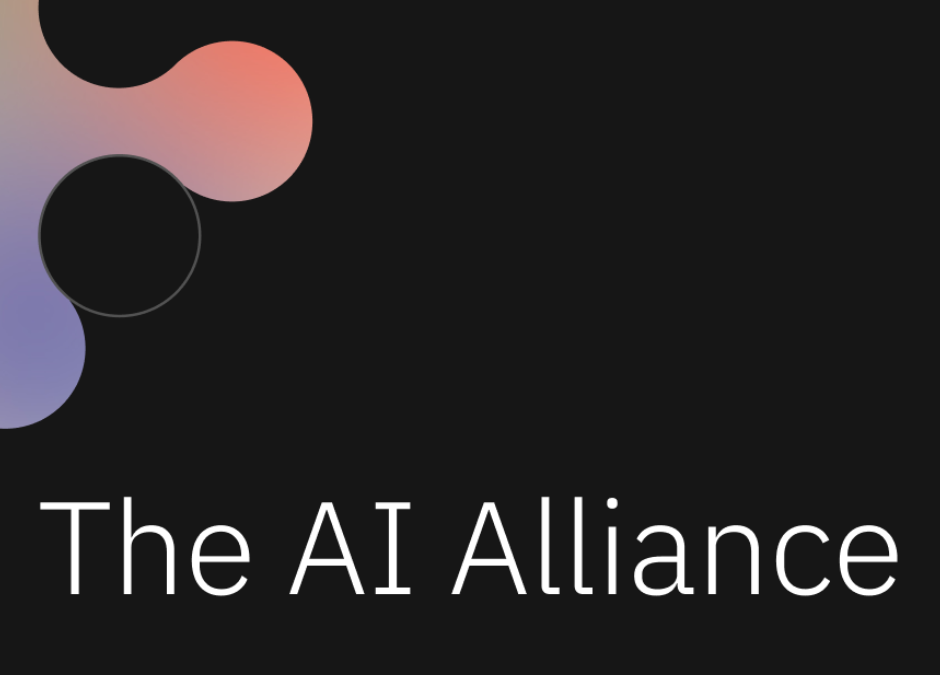When big game-changing technologies emerge, alliances form for the sake of gaining dominance in the market.
We are seeing that across many industries. For instance, who would have thought that YouTube now inks heavy deals with the NFL for broadcasting rights of games on YouTubeTV? This would have seemed unthinkable back in the mid-aughts, but now it is a reality.
In the world of A.I., the latest high-profile partnership involves IBM and Meta (formerly known as Facebook, formerly known as The Facebook).
Why Meta Is So Interested in A.I.
Meta’s pursuit of A.I. may seem surprising to some. Just as it may seem surprising that YouTube has managed to encroach upon territory that traditional cable companies like Spectrum and DISH Network used to dominate without any worry of encroachment by those little companies over in Silicon Valley.
However, it makes more sense once you consider that much of Meta is powered by artificial intelligence.
For instance, recommendation algorithms will continually select and present content to users that line up with their interests, revealed through previous engagement on the site. This ensures that there are enough significant dopamine hits from the intermittent rewards of interesting posts throughout the feed to keep people coming back.
A social media company’s investment in A.I. innovation will likely ensure that these companies will be able to retain and hold onto their dominance in the social media sphere, where rebrands are becoming essential as people’s attention is always under threat of going to dangled shiny newfangled platforms.
The goal here is for a social media company to leverage A.I. for the sake of fostering greater engagement. This could be understood as a deliberate attempt to keep users on platforms no matter what content they are looking at, as federal regulators and researchers have claimed.
So, now that we know why Meta would take such a strong interest in A.I. in the first place, let’s consider the A.I. Alliance.
Inside the A.I. Alliance
In case this is not clear, this alliance nominally exists for the sake of spurring A.I. innovation.
The approach involves an open-science approach to A.I. innovation, where A.I. work is not done behind closed doors and in secrecy.
But the absence of Google, Microsoft, and OpenAI in the alliance is noteworthy. Could it be that this alliance is for the sake of gaining a competitive edge in a market where A.I. innovation just keeps going up and up?
Those companies already have an alliance called the Frontier Model Forum, which is for the sake of ensuring safer A.I. development. Basically, it was a promise made to regulators that the companies would self-regulate until actual wide-sweeping legislation in America comes into place.
It also has the benefit of seeming attractive to legislators, as the effort to foster “responsible” A.I. development makes it easier to lobby politicians facing pressure to create A.I. legislation.
The Commercial Incentives for Open-Science A.I. Development
What do IBM and Meta stand to gain from making A.I. endeavors open-science endeavors?
Well, plenty of talented researchers, programmers, scientists, and others from relevant fields, of professional or amateur background and skill level, endeavoring to improve their A.I. systems.
Basically, they get to supplement their existing employee base with a ton of workers. All free of charge, too. Isn’t it great?
And for the pro bono A.I. laborers, they stand to gain things such as status (never underestimate the power of status-striving as a motivator) and perhaps even résumé-building in that you can say that you added this or that improvement to Meta and/or IBM’s A.I. projects.
This as a tactical move is something that is well-familiar within the A.I. industry by now.
Just look at the case of ChatGPT, Bard, and, more recently, X’s Grok. These are basically released to the public as products in beta-testing phases. It is the public’s “job” to beta-test the product, and many in the public pay for the privilege of doing so through subscription plans such as ChatGPT’s $15-per-month plan.
What Impact Will This Have on Business Owners?
The A.I. Alliance will likely spur quicker development of A.I. systems, such as IBM’s WatsonX.
What this will lead to is business owners having access to more sophisticated A.I. technologies in the near-future. Better versions of WatsonX, for example, will be available to interested businesses.
It may also lead to A.I. regulations that are in line with the goals of Meta and IBM.
As mentioned above, one of Meta’s big goals is the protection of algorithms that strengthen user engagement on social media platforms.
This in turn can ensure that more people will have their attention on Meta and Instagram, which is owned by Meta, and thereby allow business owners to reap more benefits from advertising and posting on these platforms.


Recent Comments